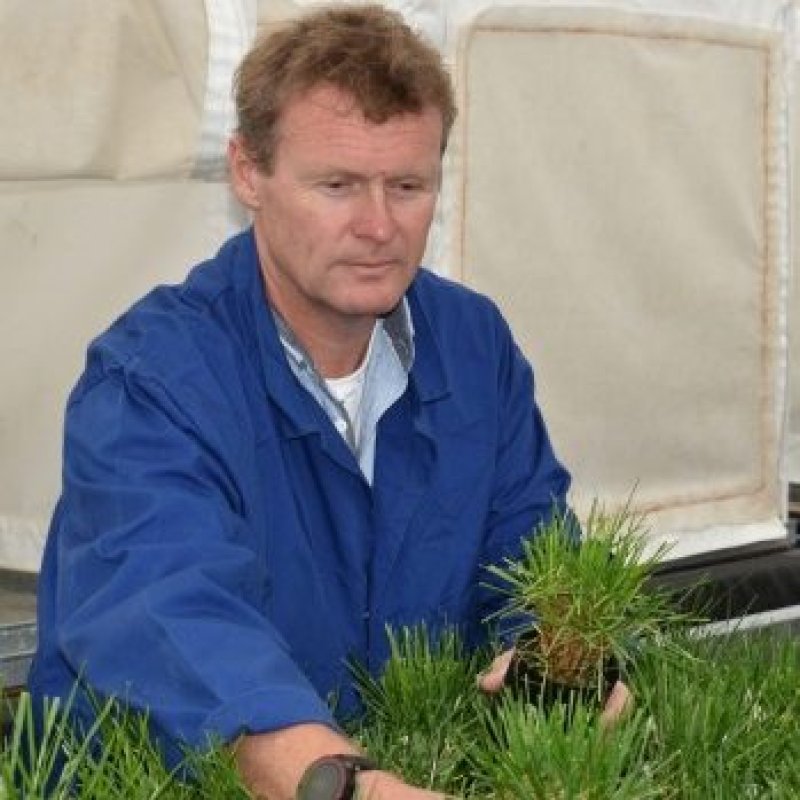Groundbreaking New Zealand research shows that methane production from livestock could be dramatically reduced with a new so-called pasture super-grass.
Such is the potential of the grass it could be the magic bullet the farming industry is looking for to prevent them having to cut cattle numbers to reduce greenhouse gas emissions. But because the strain has been developed using genetic modification, it cannot even be tested in New Zealand.
Yesterday, the outgoing Prime Minister’s Chief Scientist, Sir Peter Gluckman, suggested it was time for a public debate on the use of GMOs ….
[Other] politicians are reluctant to have such a debate take place …. Environment Minister, David Parker, offered a non-committal reaction to the Gluckman report. “Genetic modification and genetically modified organisms (are not banned in New Zealand, “he said. “Those wanting to pursue GM trials can put in an application under our current law. “Our existing regime takes a precautionary approach, and there are no plans to change it.…
The Government agency, AgResearch is engaged in research on genetically modified pasture grasses and believes it may have made a significant breakthrough …. They have already found that genetically modified High Metabolisable Energy (HME) ryegrass has been shown to be …. more resistant to drought, and to produce up to 23 per cent less methane.
Read full, original article: The super-grass the politicians don’t want to talk about































